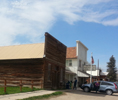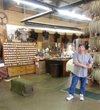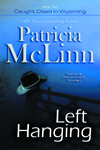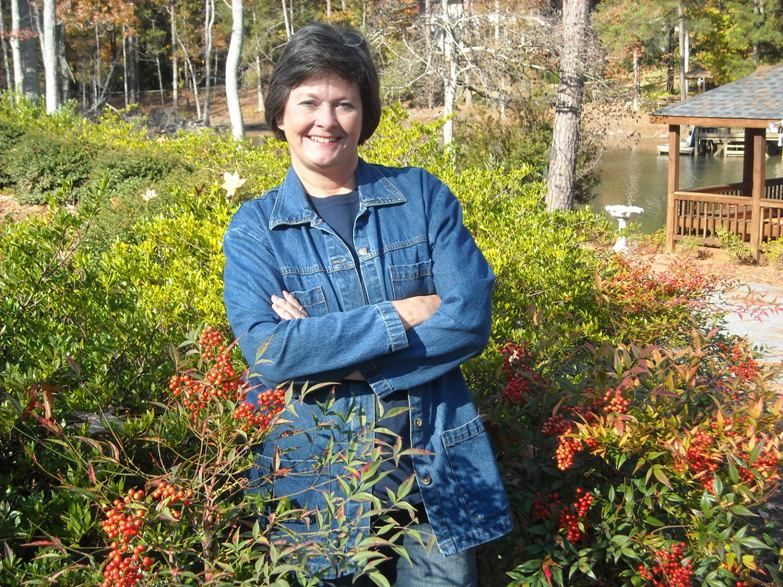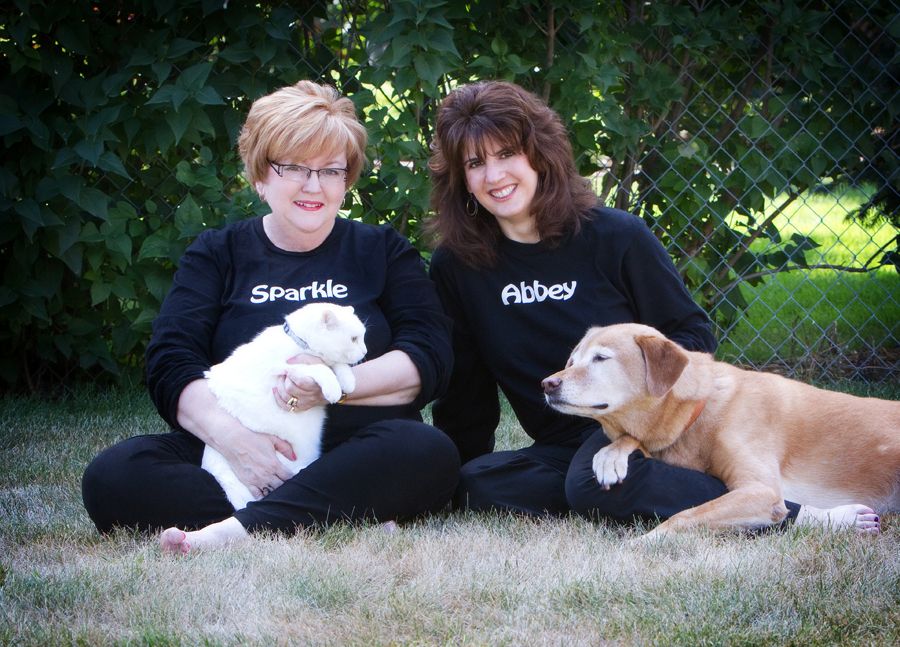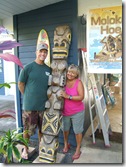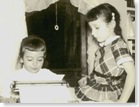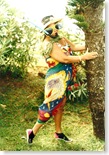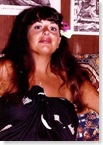
I had a conversation with my wife some time ago. It went something like this:
“What time are we supposed to meet the Jones’s for dinner?”
Mary replied, “I still have to feed the horses.”
“O-k-a-y,” I drawled. “So what time are we supposed to meet them?”
“I have to buy grain first.”
“So what time?” I persisted.
“Feeding won’t take me long. Shirley’s going to help me?”
I was glad to hear that. “So what time?”
Now Mary was getting exasperated. “As soon as I’m finished I’ll shower, change clothes and we can go.”
“And what time will that be?”
She gazed at me with raised eyebrows. “I should be ready by a quarter to six.”
“Is that when they’re going to pick us up?”
“They’re not picking us up,” she explained patiently. “We’re going to meet them there.”
I knew I was getting closer to an answer, if I could just be patient. “Um, what time?”
“Hilda and I decided around six.”
“Thank you.”
She looked at me, realized what she’d just done, and we both got a good laugh out of it.
Chances are you and your spouse, significant other, or friend of the opposite sex, have had similar conversations. The point I’m trying to make is that men and women are different.
“Well, duh,” you say.
Some people have one-track minds. “In the way they speak,” I hasten to clarify.
“Okay, smarty pants. Explain that. What do you mean?”
“I thought you’d never ask.”
Keep in mind that I’m speaking in general about men and women in our Western culture, and not specifically about any one person. Nor am I suggesting each of us is always consistent. But there are some general rules:
Women tend to give an explanation first, and sometimes don’t even bother to actually answering the question because by then it should be obvious what the answer is. The result can be a major source of misunderstanding and conflict in real life, in a fictitious scene or even an entire book. This is a frequent devise for short stories—and humor.
Men, on the other hand, tend to answer the question in as few words as possible and stop. As a result they can often come across as curt, even unfriendly—another source of real and imagined conflict.
Portraying this in a story can be difficult, but if it’s done right, it can also be very effective. Just as you may not have been aware of this paradigm before I told you (you’ll notice it more now, I promise), the reader probably isn’t either. Therefore he or she isn’t likely to realize why a particular exchange of dialogue feels right, only that it does.
Here are some other tips for differentiating between men and woman in dialogue:
– Men rarely ask directions or advice—especially from women (I suspect women are far more aware of this than men are!)
– Men rarely end sentences with a question, e.g. “Nice day, isn’t it?”
– Men avoid hedging or showing signs of indecision with phrases like: “I don’t know, but…”, “I’m not sure if…”
– Men don’t like to ask permission: “Would it be all right if we…”, “Do you mind if I…”
– Men tend to be blunt in their speech and forceful in their opinions, rather than conciliatory. Consensus building only seems to count in politics where we often think of men in those positions as manipulative or dishonest! (Oops! Did I say that?)
– And of course this biggie, that men answer a question first, then give an explanation only if it’s requested. The consequence of all this is that men can come across as abrupt or dictatorial, and women as evasive or deceitful.
Okay, I’ve solved one of the great mysteries of life: what is the difference between men and women. Now I ask you: will you ever listen to or participate in a conversation with a person of the opposite sex the same way again?
See? I’ve changed your life!
Visit Ken at: www.KenCasper.com
Read an excerpt of AS THE CROW DIES at: As The Crow Dies
Amazon
Barnes & Noble
 DESK DEFINITION
DESK DEFINITION















